Sign up for the weekly Parenting & Relationships newsletter for news and advice to help you be a better parent, partner, friend, family member or colleague.
In 2020, Canada’s wedding industry lost more than $1.6-billion as couples scrambled to postpone, cancel or downsize their big day. Ontario took the biggest hit, losing $780-million, according to the insurance platform Hellosafe.ca, followed by Quebec ($257-million) and British Columbia ($158-million).
“Our sector was cut off at the knees,” says Tracey Manailescu, co-founder of the 8,500 member Wedding Planners Institute of Canada. “Wedding venues have gone bankrupt, decor rental companies have sold their inventories and closed shop, and hundreds of people, almost all self-employed, have been put out of work. Now we’re all holding our breath to see what happens next.”
As a new wedding season begins, vendors across the country share how they have coped with the last 15 months. What emerges is a snapshot of resilient, creative people who survived by switching gears.
The pandemic forced a wedding reckoning. Many couples have responded by simplifying
The politics of having a pandemic wedding
Sydney Power
Owner, Powerful Moments Events, Vancouver
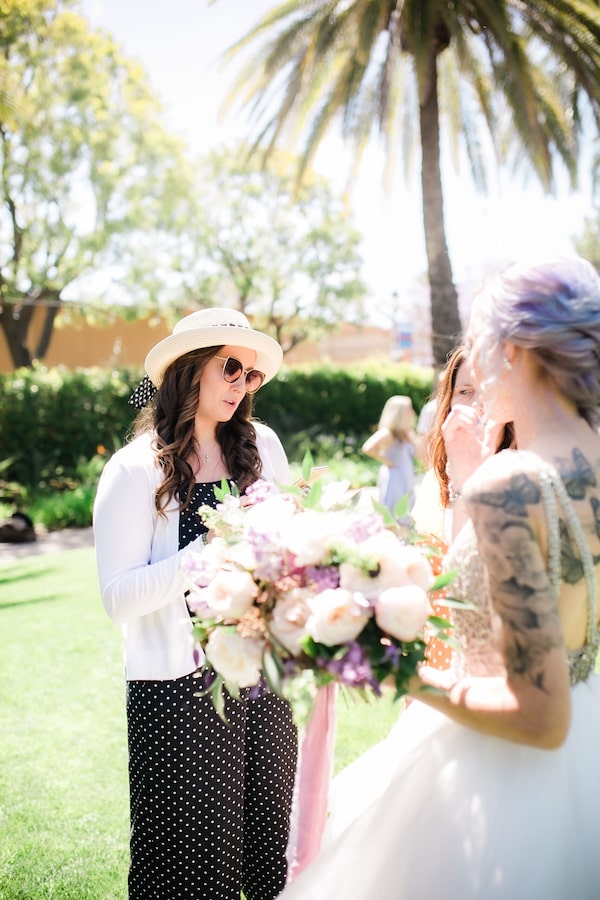
Camarie McBride/Handout
Power opened her event planning company to service B.C.’s Fraser Valley area in January, 2020 – perfect timing, she thought, to capitalize on what many expected would be a record-breaking year for weddings. Three months later, her fellow wedding planners were frantically postponing or cancelling nuptials, while she was left trying to figure out how to stay relevant when she had no clients, let alone future prospects. “As a brand new business, who only had a handful of inquiries come in before COVID-19, I needed to pivot, very quickly.” Power opted for editorial shoots that allowed her to show potential couples the quality of her work, choreographing photos of brides with gorgeous bouquets in elegant venues, then using them as advertising on social media and vendor websites. She has 10 small weddings booked in 2021 with many more enquiries coming in for 2022 and 2023. “These stylized shoots allowed me to show what I can do. Almost every inquiry that comes in now is because of them.”
Catherine Langlois
Owner, Catherine Langlois Bridal Design, Toronto
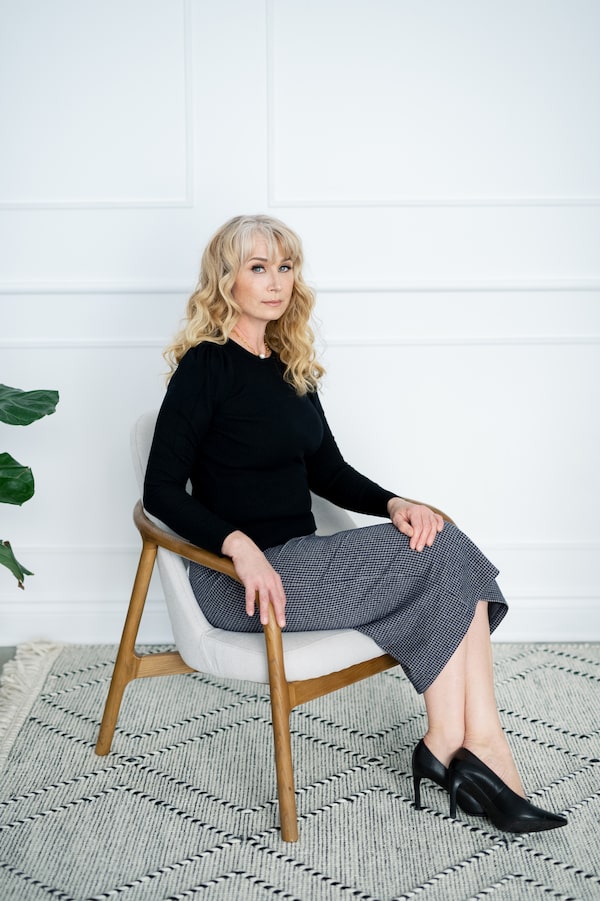
Whitney Heard photo/Handout
In early 2020, Langlois was working on a collection of custom-made gowns to show at New York Bridal Fashion Week, where she hoped to attract international attention to launch a wholesale business overseas. The bridal show, which was supposed to be held in October, came and went. Today she’s struggling to pay off the thousands of dollars worth of extra fabric she ordered. “I had purchased four times my normal stock to fulfil future orders,” says Langlois, who has had her shop for 20 years. “I had thought 2020 was going to be my breakout year. Instead my business has fallen roughly 90 per cent.” She gave herself a month “to feel sorry for myself” and then spent her free time setting up a Shopify website – “something that was on the back burner of my brain for a long time,” she says. Now she’s in the same holding pattern as her clients, waiting to see when lockdowns will lift and weddings can begin again. “The tricky part is hanging on until then.”
Cortney Williamson
Events co-ordinator, A Taste of Class Catering and the Bella Vista event space, St. John’s
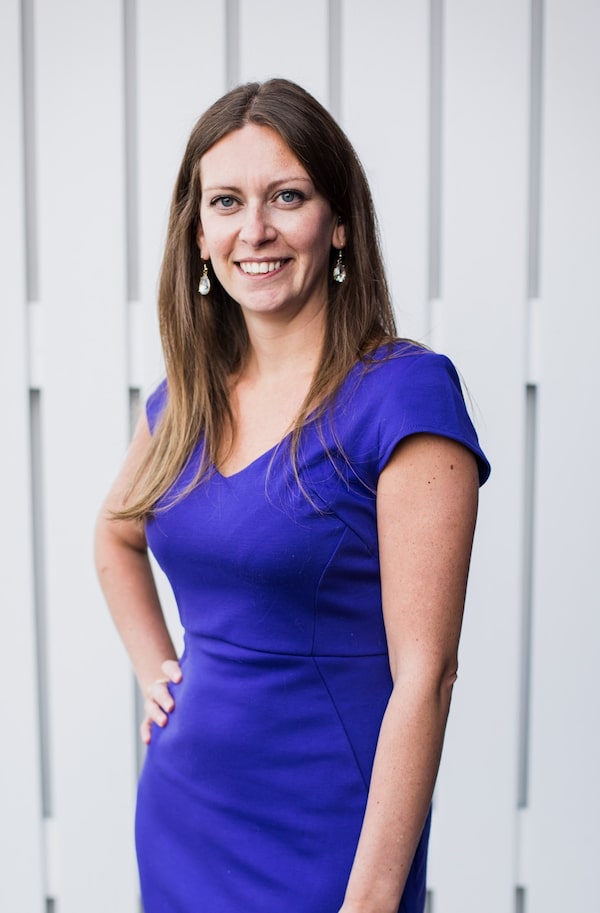
Mandee Sugimoto/Handout
In a typical year, this family-run company, one of St. John’s go-to caterers, is involved with 90 weddings from June through October. Last year they did 10. “We pretty much had all of our weddings reschedule to 2021,” Williamson says. “We laid almost everyone off and employed them on a call-back basis if we had an event come up. We lost a full season, which really hurts.” They also own the city’s largest events venue, which typically hosts 30 weddings, averaging 240 people each. In 2020, it hosted two – capped at 50 guests and no dancing allowed, which required some strategic thinking. “No couple wants to go at 9:30 after the plates have been cleared away from dinner, so we hired magicians, live bands and comedians – anything to make the evening more fun.” Current provincial regulations allow for weddings with 100 guests, but Williamson says many couples are still holding out for the day when numbers won’t be restricted. “A lot of brides are really nervous with COVID still in our lives because they have so many out-of-town guests. My standard line to everyone is: No matter what the situation, there is always a solution. We’ll figure it out together.”
Jenifer Boyce
Owner, Jennifer Boyce Photography, Oakville, Ont.
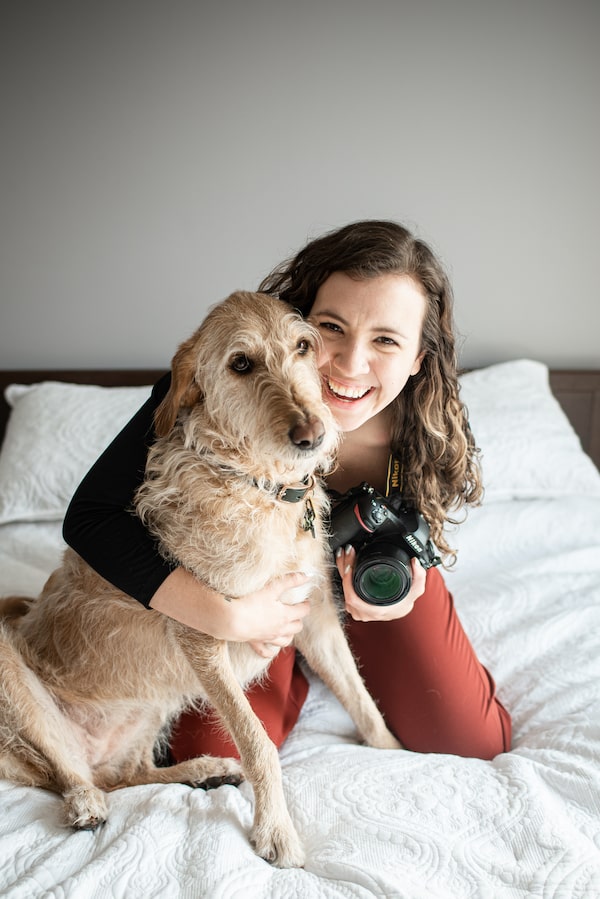
Jenifer Boyce/Handout
Boyce loves her job. She especially loves taking photographs of people on one of the happiest days of their lives. Normally she does 30 weddings in a season, and at the start of 2020 she had 28 lined up. But as lockdowns came, went, and came again, most of her clients postponed their weddings, which meant Boyce could keep the deposit, allowing her to pay the bills. In the end, she photographed 11 weddings last year, most small, intimate affairs that she describes as “incredibly romantic and extra special because everyone was so relaxed.” That stress-free atmosphere so inspired Boyce that she cancelled her own 80-person wedding at a resort in Muskoka, opting instead to get married at the end of this month in a tiny ceremony in her aunt and uncle’s Oakville backyard. The biggest challenge as a photographer, she says, has been the inconsistency of the regulations. “You can be a guest at a wedding and take pictures, but as soon as I’m getting paid for it, it’s against the restrictions. A lot of photographers are saying, ‘Just invite me as a guest then.’”
Susan Hanley
Co-owner, Black-Eyed Susan’s, Toronto
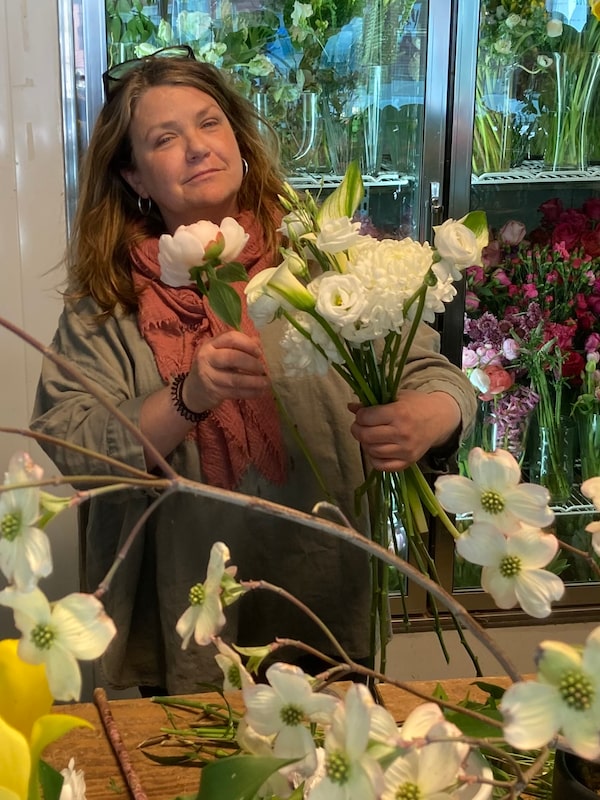
Handout
When Hanley and her partner, Barb Goode, bought the existing florist shop seven years ago they kept the business model the same: Their revenue came from the elaborate bouquets they delivered to office towers throughout the downtown core, with a few small weddings thrown in. That business evaporated last March. “We braced for the worst and then the unexpected happened,” Hanley says. “Everyone started sending each other flowers to cheer each other up.” In addition, demand for bouquets and boutonnieres from couples embracing the micro-wedding concept kept coming in. “Couples have been extremely creative. They’re spending more on the perfect bouquet, or the most beautiful arbour, because they don’t have to decorate an entire wedding venue. “We did one wedding recently in a local park. The only thing this bride wanted was a huge flower crown, which we made with hydrangea, big dahlias and curly willow. She didn’t want to carry anything. Her goal was to be as low-key and comfortable as possible. That’s seems to be a recurring theme with COVID weddings. It’s refreshing.”
 Gayle MacDonald
Gayle MacDonald